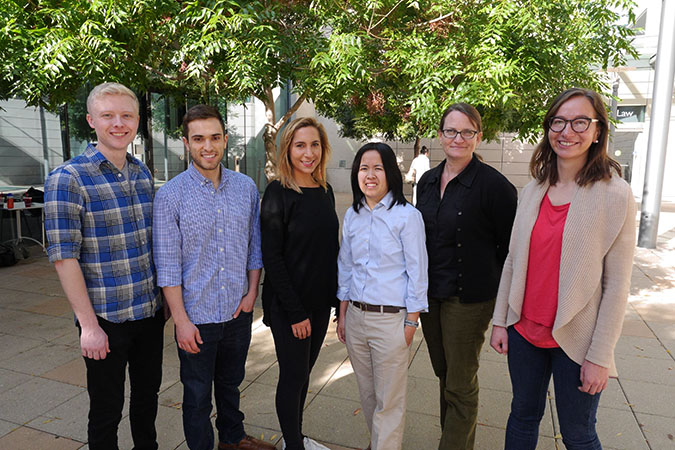
Lecturer Ted Mermin reports that six members of the Consumer Advocacy and Protection Society (CAPS) have recently drafted and filed amicus briefs in important consumer protection cases in the United States Supreme Court, the California Supreme Court, the Ninth Circuit, and the D.C. Circuit. Pictured left to right:
Brady Williams ’19
Brady has drafted an amicus brief on behalf of leading consumer protection organizations in the California Supreme Court, arguing that loans for $2,600 made to low-income consumers at interest rates above 100% can indeed be unconscionable, even in the absence of a rate cap for loans of that size.
Daniel Contreras ’19
Daniel drafted an amicus brief on behalf of the Public Good Law Center in the D.C. Circuit in Soundboard Ass’n v. FTC, arguing that the use of advanced digital technology to deceive consumers into believing they are talking to a human being is a prohibited form of “robocalling,” and that the First Amendment does not protect such manufactured speech.
Miriam Wayne ’18
In just two weeks, MJ drafted, revised, and filed an amicus brief in the Northern District of California on behalf of the Public Good Law Center and several other consumer protection organizations in support of the Federal Trade Commission’s case against DIRECTV for allegedly misleading customers by hiding the increased cost of the second half of a two-year contract and the actual cost of “free” premium service.
Sophia TonNu ’19
In all of three weeks, Sophia drafted an amicus brief on behalf of the American Heart Association and a dozen other public health and medical organizations in the Ninth Circuit in American Beverage Association v. San Francisco, arguing that the First Amendment does not preclude governments from requiring scientifically accurate disclosures and warnings on advertisements for potentially harmful products.
Cristina Mathews ’19
Cristina is writing an amicus brief in the California Supreme Court in Black Sky Capital v. Cobb, on behalf of Housing and Economic Rights Advocates,seeking to protect home equity loan borrowers from being sued (or hounded by debt collectors) after foreclosure for a “deficiency” if the home is sold for less than the amount of the mortgages.
Robin Wetherill ’18
Robin filed an amicus brief in the United States Supreme Court in Henson v. Santander, on behalf of the East Bay Community Law Center and law clinics at Notre Dame and Yale, arguing that the federal Fair Debt Collection Practices Act covers banks that are acting as debt buyers. She is also writing an amicus brief in the California Supreme Court, on behalf of EBCLC and a raft of other legal services providers around California, arguing that California law requires debt collectors to make their witnesses available for trial rather than having them appear only through affidavits. Both cases involve crucial tools used by legal services clinics on behalf of low-income consumers to hold abusive debt collectors accountable.
The consumers of California, and of the nation — that is, all of us — have a lot to thank them for.
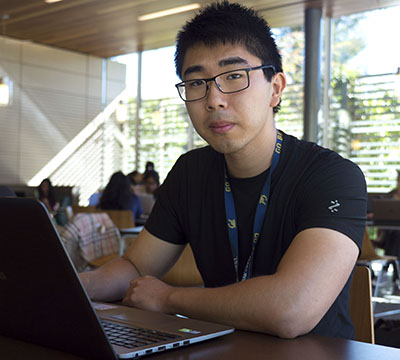 Hometown: Davis, CA
Hometown: Davis, CA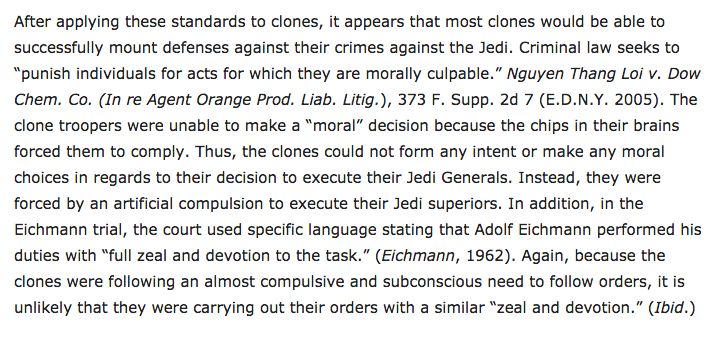
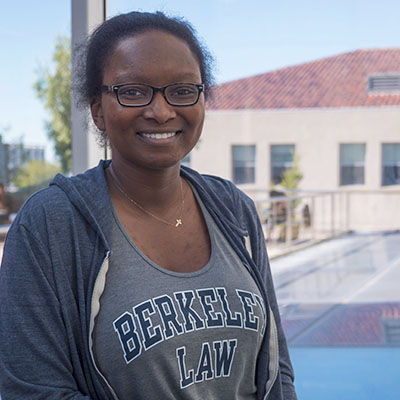 Hometown: Louisville, KY
Hometown: Louisville, KY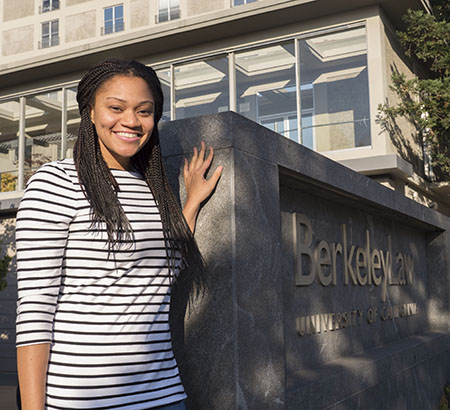 Hometown: Chicago, IL
Hometown: Chicago, IL